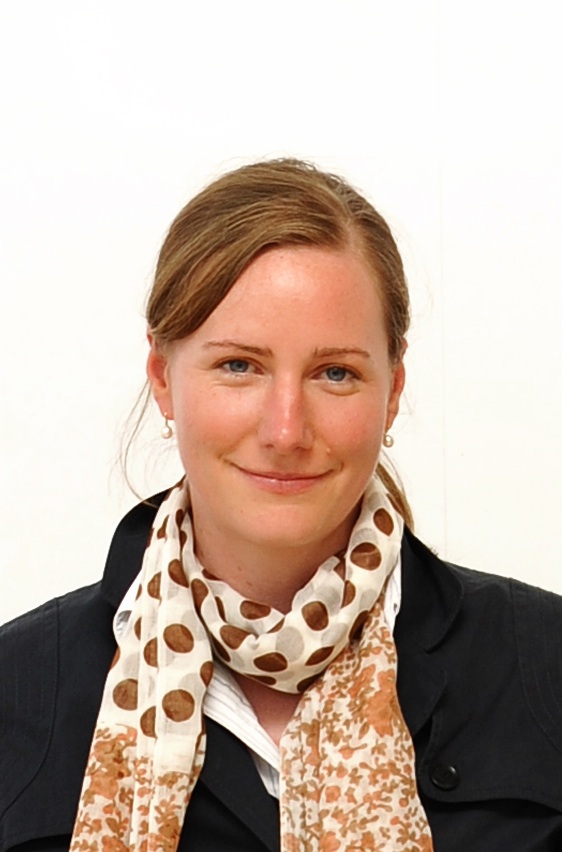Critical Reflection: Real Life Applications for Mezirow’s Theory
 [We are pleased to welcome Henriette Lundgren. Henriette published an article in Human Resource Development Review entitled “On Critical Reflection: A Review of Mezirow’s Theory and its Operationalization,” with co-author Rob F. Poell.]
[We are pleased to welcome Henriette Lundgren. Henriette published an article in Human Resource Development Review entitled “On Critical Reflection: A Review of Mezirow’s Theory and its Operationalization,” with co-author Rob F. Poell.]
- What inspired you to be interested in this topic?
To stop and think is considered good practice in most professional contexts. For example, we expect a nurse to review the patient’s symptoms before administering a medicine. Similarly, we expect an entrepreneur to examine the underlying market assumptions before venturing into a new business idea. Rather than rushing into glib problem solving or thoughtless decision-making, we believe that everybody needs to take some moments from time to time to reflect: What is the situation? How can I
deal with it? Why is this important to me? To stop and think is another very basic way of describing the process of reflection, but how do we know whether someone is really reflecting – critically or not – about one’s own practice? This question triggered our literature review using Jack Mezirow’s critical reflection definition as a starting point.
- Were there findings that were surprising to you?
Reflection and non-reflection come in many shades, for example “habitual action”, “thoughtful action”, “understanding”, “introspection”, “intensive reflection” or “critical reflection. Researchers in adult education and human resource development (HRD) have made a sincere effort to distinguish between these shades of reflection in their empirical studies. Maybe our mind was more binary before we started this project: “Reflection yes/no”. So being shown indicators that help us operationalize reflection in our own empirical research was a pleasant side effect of this study.
- How do you see this study influencing future research and/or practice?
Our study gives an overview on critical reflection research and its operationalization, and it points out four areas of improvement (see checklist at the end of article). Critics might say that we could have taken more efforts to show explicitly the connections between critical reflection and learning and how our work impacts HRD theory, research, and practice. While these are good avenues for future research, we encourage readers to help us think along what our findings mean for learning and development of nurses, teachers and entrepreneurs, and we look forward to continuing this conversation and debate.
The abstract for the paper:
In this article, we review empirical studies that research critical reflection based on Mezirow’s definition. The concepts of content, process, and premise reflection have often been cited, and operationalizing Mezirow’s high-level transformative learning theory and its components has been the endeavor of adult education and human resource development (HRD) researchers. By conducting a literature review, we distill 12 research studies on critical reflection that we dissect, analyze, and compare. Discovering different approaches, assessment processes, and outcomes leads us to the conclusion that there is little agreement on how to operationalize reflection. We suggest four improvements: (a) integrating different critical reflection traditions, (b) using multiple data collection pathways, (c) opting for thematic embedding, and (d) attending to feelings. By implementing these improvements, we hope to stimulate closer alignment of approaches in critical reflection research across adult education and HRD researchers.
You can read “On Critical Reflection: A Review of Mezirow’s Theory and its Operationalization” from Human Resource Development Review free for the next two weeks by clicking here. Want to know all about the latest research  from Human Resource Development Review? Click here to sign up for e-alerts! You can also listen to a podcast with author Henriette Lundgren as she discusses her work on this article. You can listen to the podcast here.
from Human Resource Development Review? Click here to sign up for e-alerts! You can also listen to a podcast with author Henriette Lundgren as she discusses her work on this article. You can listen to the podcast here.
*Image attributed to Kent Nguyen (CC)
 Henriette Lundgren is a workplace educator and an associated researcher with Tilburg University in the Netherlands. Her main scholarly interests are learning in the workplace, the use of reflection instruments, and adult education theory.
Henriette Lundgren is a workplace educator and an associated researcher with Tilburg University in the Netherlands. Her main scholarly interests are learning in the workplace, the use of reflection instruments, and adult education theory.

Rob F. Poell is a professor of human resource development (HRD) in the Department of Human Resource Studies at Tilburg University in the Netherlands. His main scholarly interests are learning in the workplace, action learning, project-based learning, organizing HRD, and learning networks.






























































































